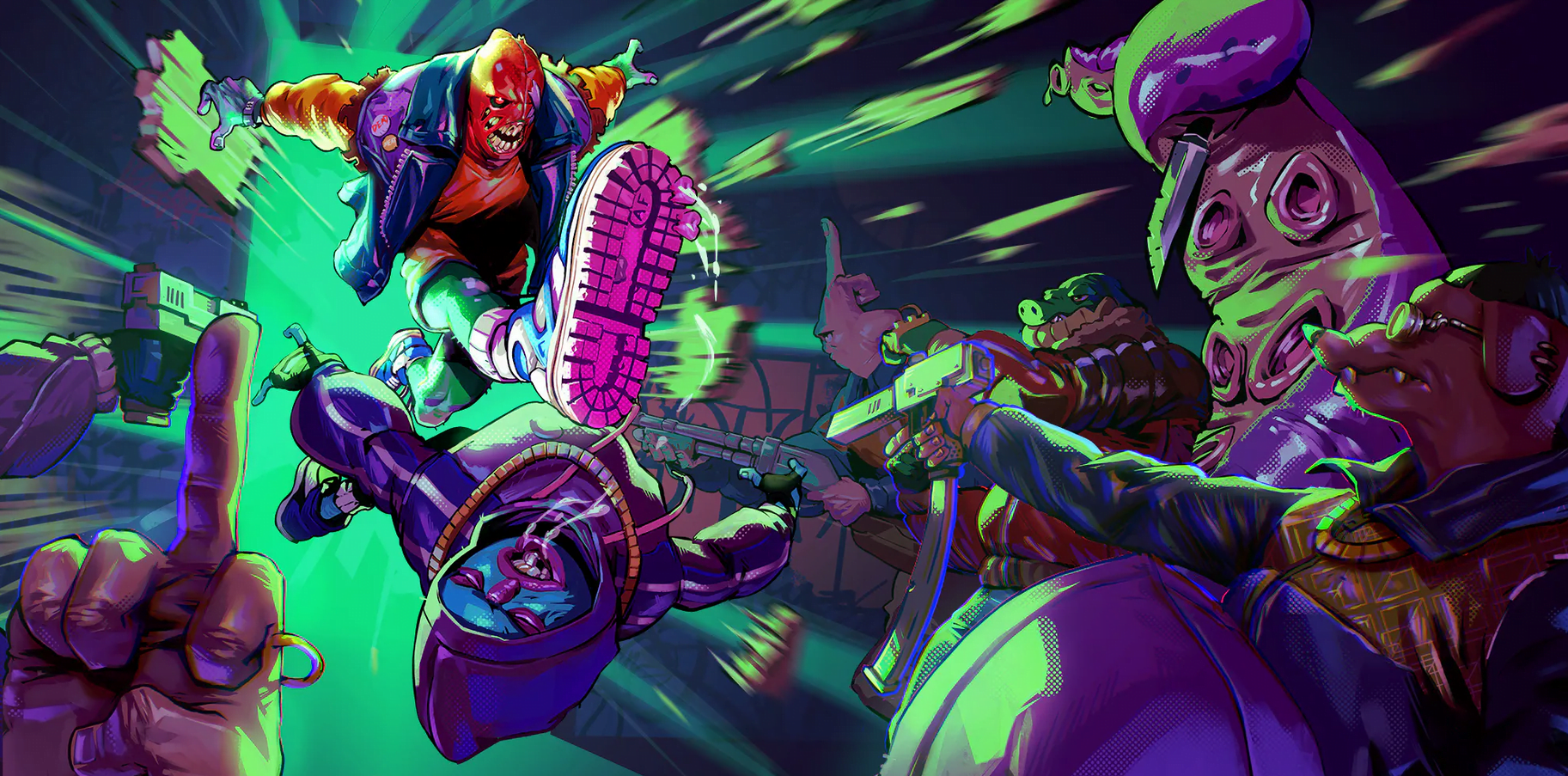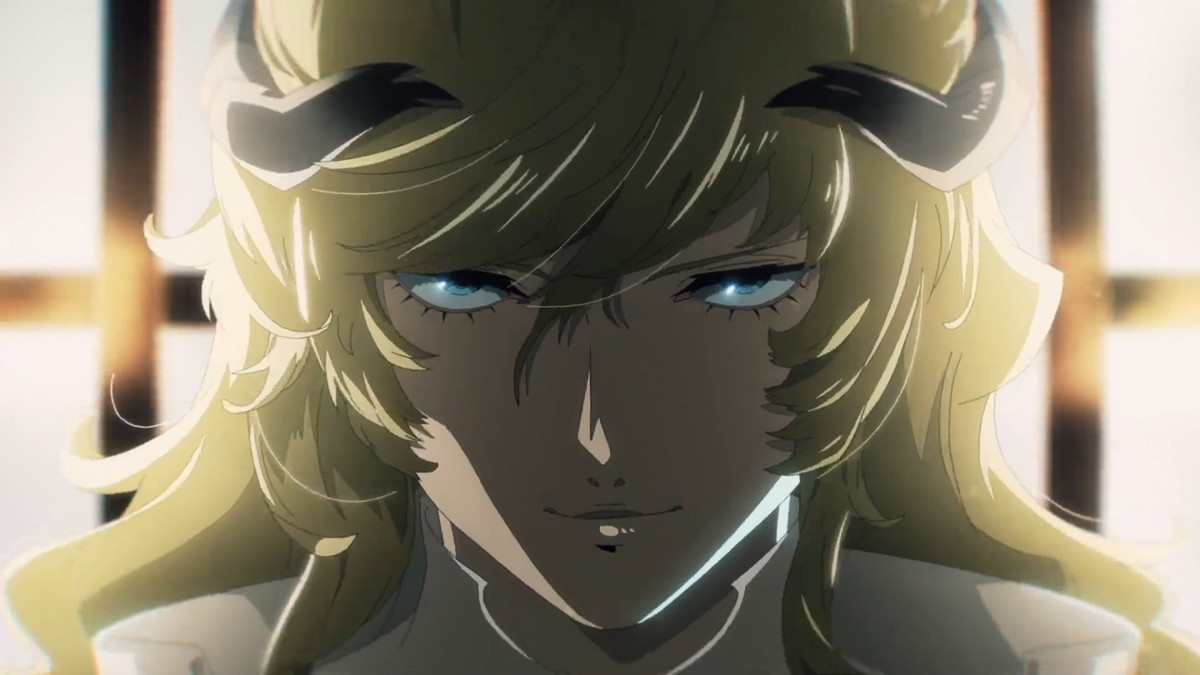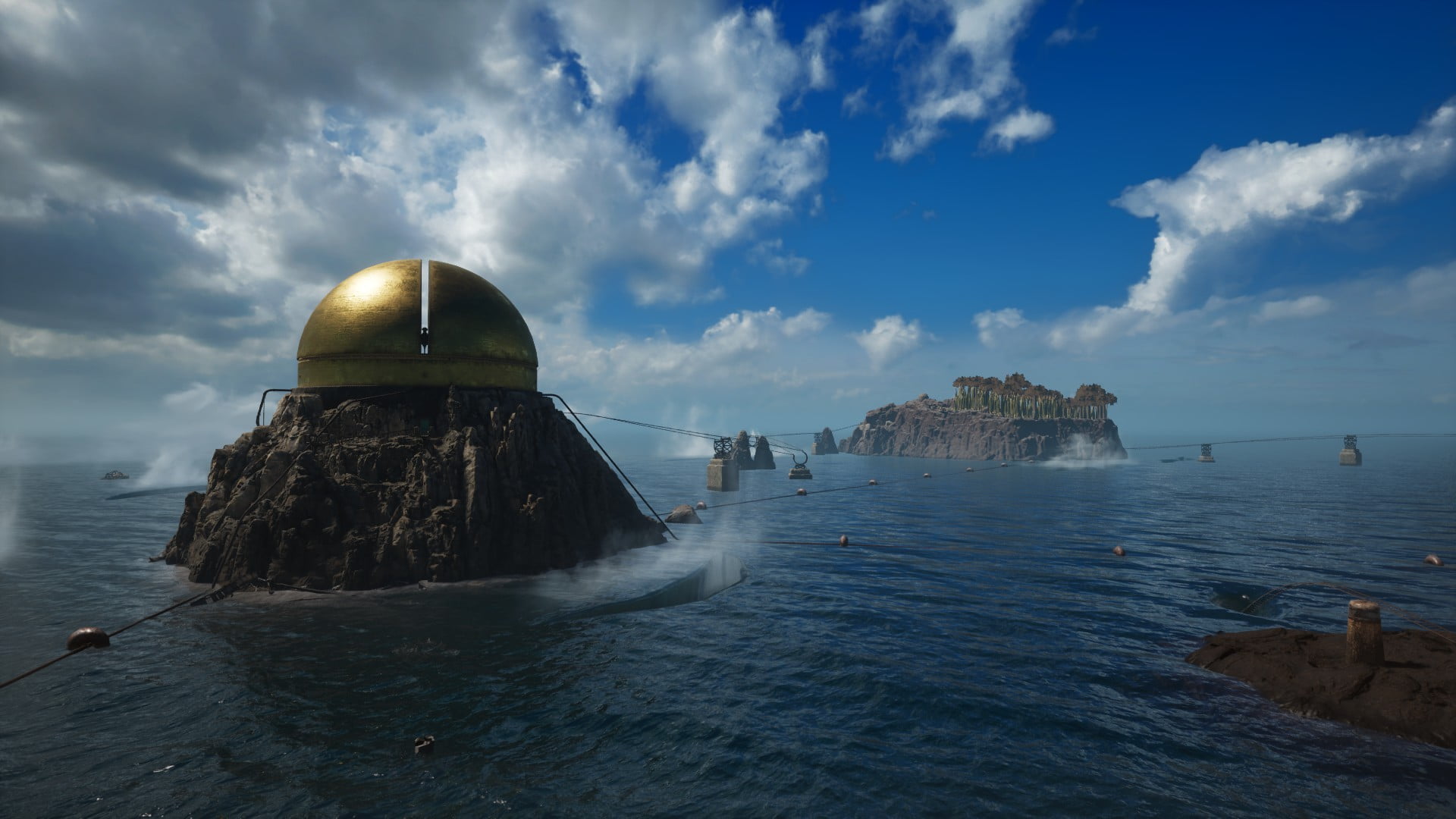The fact that Black Mirror has become such a huge success over the last few years is nothing short of astounding. But some might be surprised to know that there’s another series of the same name that contains some of the more obscure cult adventure games on the PC. The latest entry, simply titled Black Mirror, not only fails to be a good revival of the old series, but it can’t even be considered decent on its own.
Developed by KING Art Games, the folks behind one of my favorite adventure games in quite a while, The Book of Unwritten Tales 2, Black Mirror tells the story of David who finds himself in way over his head following the mysterious death of his assumed mentally ill father, who’s left him a property out in the boonies of Scotland, now in the hands of distant relatives. It doesn’t take long for David to find himself suffering from the same symptoms as his father, as he starts to get visions of the past evils that happened in the house. While the premise itself starts out promising, it quickly falls to be wayside due to the many problems that hold Black Mirror back.
The biggest issue with Black Mirror is that it feels like it’s stuck in that period in time during the late 1990s and early 2000s in which adventure games tried to appeal to players enamored by polygonal graphics. For starters, David moves like a tank, much like the characters in the early Resident Evil games, and unsurprisingly, any form of precision movement becomes a chore. While that isn’t much of an issue for most of Black Mirror, its final moments require you to carefully step across a reverse take on Indiana Jones and the Last Crusade’s invisible chasm — you know, the floor is visible, but parts of it aren’t solid. That bit took me multiple attempts to complete, and even longer after I had to restart the entire section from scratch due to a event trigger glitch that made it impossible to continue.
Then there are the puzzles, which are ridiculously simple and barely an impediment at all. Sure, there’s much to be appreciated in adventure games that cut out the fat and get to the meat of the story in a faster fashion — the Telltale variety comes to mind — but Black Mirror takes it too far, with little to no agency in regards to hardly anything that occurs during the game. With the exception of interacting with button prompts during David’s hallucinations and aside from having to sift through a handful of items that you pick up along the way, there’s not a whole lot of reasoning that needs to be done all throughout Black Mirror’s four to five-hour running time.
Perhaps as an unintended effect of having finished Black Mirror, it made me want to check out the older games in the franchise. Unfortunately for fans of those games, as far as this new Black Mirror goes, there’s not much to be found. It looks average, and although the voice acting is fairly decent, there’s no sense of character or story development. It’s haphazardly executed and there are definitely better alternatives out there.





